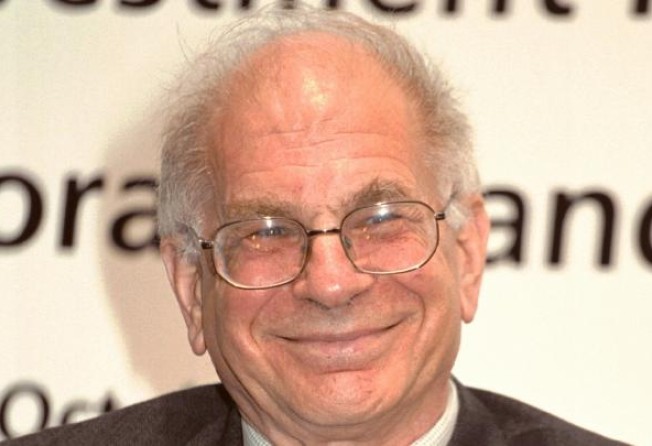A little knowledge is a useful thing

We may think the more we know about something, the stronger the opinion we have. It's the opposite.
It's far easier to be highly opinionated on topics about which you know only a little. That is the conclusion of many psychologists who have studied these things.
I should know. I write a column that ranges over many topics on which I cannot possibly claim to be expert.
That means being a jack of all subjects and a master of none. It may actually be harder to write a short summary on a subject on which you are truly an expert.
This is my more charitable interpretation of why many local university scholars are reluctant to talk to the media - they do not think a sound bite could possibly explain a complicated issue.
The propensity to take a strong stance on issues we know little about is probably wired into our psychological make-up.
This is what Daniel Kahneman, the Nobel Prize-winning co-founder of heuristics and biases, a branch of psychology that underpins behavioural economics, says in a chapter called "A machine for jumping to conclusions", in his book Thinking Fast and Slow: "You will find that knowing little makes it easier to fit everything you know into a coherent pattern."
This sentence hit me like a brick when I first read it.
Let's read the whole passage describing a classic experiment: "Participants who saw one-sided evidence were more confident of their judgments than those who saw both sides. This is just what you would expect if the confidence that people experience is determined by the coherence of the story they manage to construct from available information. It is the consistency of the information that matters for a good story, not its completeness."
This has enormous political implications and applies to practically every big public debate, say, national education and mainlanders' invasion of Hong Kong; Tibet and Chinese authoritarianism; deficit reduction and drone assassinations in the US. What about the eternal debate about democracy that must rely on public opinion to govern and elitist authoritarianism that favours the opinions of experts?
Kahneman's book is so profound yet easy to read. That's the unmistakable sign of an expert and master thinker.